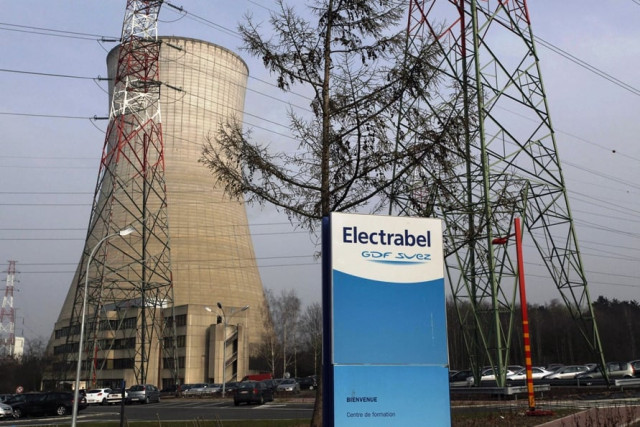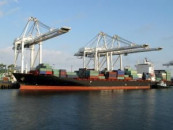Japan tests sea for radiation near crippled plant
Levels of caesium-134 were 24.8 times higher and those of caesium-137 were 16.5 times higher.

Reactors at the Fukushima Daiichi plant, 240 kilometers north of Tokyo, have leaked radiation after they were struck on March 11 by a massive earthquake and tsunami that led to the world's worst nuclear crisis in a quarter of a century.
In a desperate attempt to cool the reactors and their spent fuel ponds, workers have sprayed or dumped tonnes of sea-water into the cooling system. But several experts have questioned what happens to the water after that.
"I'm interested to know how this water is being disposed and if it is being disposed or just allowed to drain to sea," said Najmedin Meshkati, a nuclear and environmental expert at the University of Southern California.
"This is now radioactive waste water. Has there been any measurement of its radiation effect?" asked Meshkati.
Officials have acknowledged that some of the water has in fact spilled back to sea.
Hidehiko Nishiyama, deputy director-general at the Nuclear and Industrial Safety Agency, said that the radioactivity in the sea could be both from water used to cool the plant and air-borne particles from the reactors.
"Personally, I think the latter is more likely," he told a news conference.
Kyodo news agency quoted plant operator Tokyo Electric Power Co (TEPCO) as saying levels of radioactive iodine-131 in sea-water samples near the plant on Monday were 126.7 times higher than the limit.
Levels of caesium-134 were 24.8 times higher and those of caesium-137 were 16.5 times higher, while a trace amount of cobalt 58 was detected, TEPCO said.
Chief Cabinet Secretary Yukio Edano said on Monday that above-safety levels of radiation had been found in sea-water, but these levels "would still be safe even if you drank sea-water for a year."
"Of course, if this were to continue over a long period, some effects will be seen, so we have instructed relevant ministries to step up monitoring efforts of sea water," he added.
Collecting data
Kyodo said the Ministry of Education, Culture, Sports, Science and Technology would analyse sea-water for radiation at eight locations near the Fukushima plant, while TEPCO also plans to conduct its own studies.
The government has sent a research vessel to waters off Fukushima to take samples.
Hideo Morimoto, director at the Agency for Natural Resources and Energy, said the radiation in the sea-water would dissipate and other coastal nations were not at risk.
"At current levels of radiation, it's impossible for it to reach oceans worldwide," he told Reuters, noting it would not add in any way to the natural radiation already in sea-water.
"It's at levels where we can carry out daily lives," he said.
There was no immediate word whether the elevated radiation levels could be transmitted by seafood from these waters, but the local fishing industry has been wrecked by the quake and tsunami.
"There are no fish coming from the regions that were hit, so no fish being sold are contaminated," said Rika Tatsuki of the National Federation of Fisheries Cooperative Associations.



















COMMENTS
Comments are moderated and generally will be posted if they are on-topic and not abusive.
For more information, please see our Comments FAQ